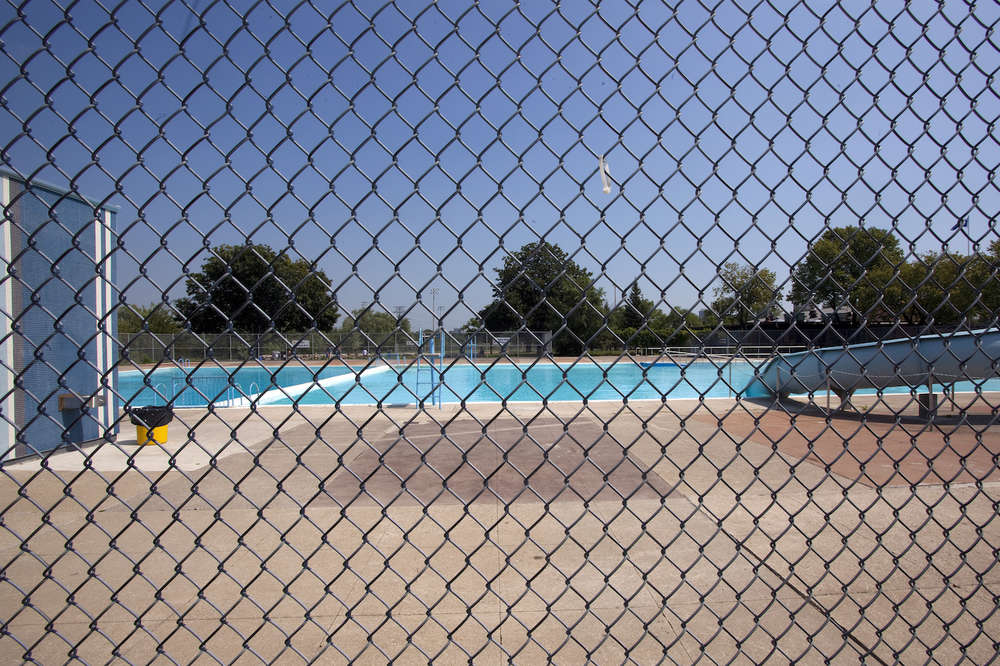
–By Joshua Gerstin, Esq.
If you own a condominium in Florida, it is important to be aware of the significant cost increases condominium owners will face due to recent changes in Florida law and ever-increasing insurance premiums. In particular, the new Structural Integrity Law, with its mandated increases in reserve requirements and the skyrocketing cost of insurance, will cause many Florida condominium owners to sell their units and many condominium associations to pursue termination of their condominium associations.
The Structural Integrity Law was passed in response to the collapse of the Champlain Towers South condominium building in Surfside, Florida, in June 2021. The law requires all condominium associations in Florida to complete a structural inspection by a qualified engineer or architect and a reserve study by the end of 2021. Condominium associations are required to make any necessary repairs identified in the inspection.
The cost of the required inspections, reserve study and repairs can be significant. According to estimates from the Community Associations Institute, the cost of a structural inspection alone can range from $10,000 to $50,000 or more, depending on the size and complexity of the building. Repairs identified in the inspection can cost millions of dollars, and may require assessments or increases in monthly assessments to cover the costs.
In addition to the costs associated with the Structural Integrity Law, Florida condominium owners will also face increases in reserve requirements. The Structural integrity law prohibits the pooling of reserves for certain designated items or items identified as in need of repair by the structural inspection. Additionally, the law also removed the ability of condominium associations to partially fund or waive full funding of reserves.
The increase in reserve requirements will likely result in higher monthly assessments for condominium owners in associations that routinely chose not to fully fund their reserves. Condominium associations may need to levy special assessments to make up for any shortfall in reserve funds. These assessments can be a significant burden on condominium owners, particularly those who are already struggling financially.
Finally, condominium owners in Florida can expect to see exponential increases in their insurance premiums. Insurance companies are raising rates for condominium associations in response to the Champlain Towers South collapse and the resulting scrutiny of building safety and maintenance practices.
The new Structural Integrity Law, along with increases in reserve requirements and insurance premiums, will have a significant impact on the costs of owning a condominium in Florida. Condominium associations have options to mitigate these issues, but they have to act fast by taking steps NOW to ensure their condominium associations remain financially stable with a safe and secure living environment for their residents.

